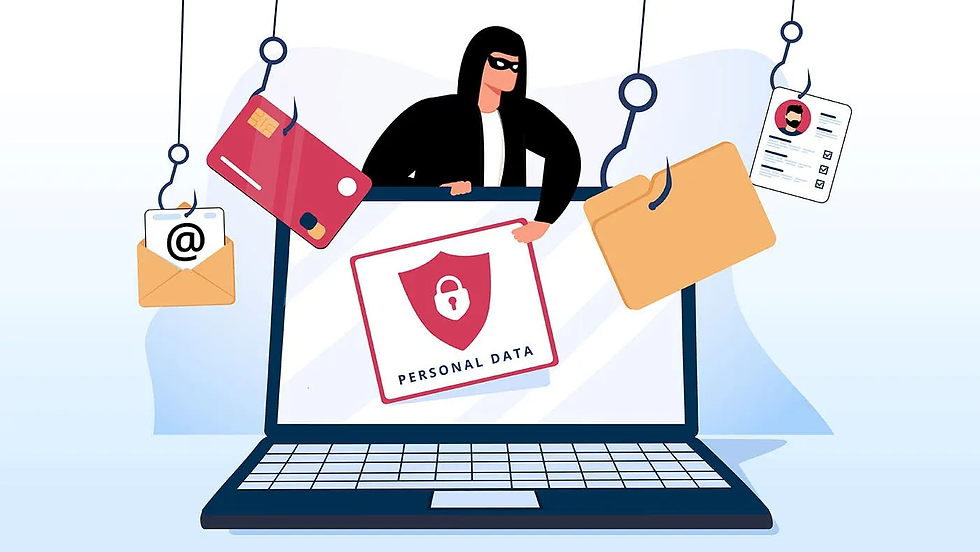🛑 Nearly $17 Billion Lost to Scams, And Why Consumer Protection Requires More Than “Self-Help”
- mcclawcenter
- Jul 11, 2025
- 2 min read

Every year, scams rob Americans of billions of dollars, $10 billion in 2023 alone, according to the FBI, and a staggering $17 billion when including unreported losses. In a recent Washington Post article, financial columnist Michelle Singletary shines a light on this growing crisis and why the solution must be collective—not just individual.
One of the most powerful stories in her piece is that of Judith Boivin, an 80-year-old widow who lost nearly $600,000 to a scammer pretending to be an FBI agent. Despite being careful and tech-savvy, Judith was isolated and grieving, two vulnerabilities that the scammer ruthlessly exploited. Her experience is not rare. Scammers often target people during emotionally turbulent times, using high-pressure tactics and impersonating trusted institutions.
🧠 What this story reveals is crucial: We often blame victims and expect them to be more vigilant, but as Singletary argues, “self-help” isn’t enough. Even educated, cautious individuals can fall for sophisticated scams.
🚫 Why Victim-Blaming Must Stop
One major barrier to preventing scams is shame. Many victims don’t report what happened because they fear being judged or dismissed. Singletary’s reporting reminds us that victim-shaming silences people, and silence is exactly what scammers thrive on.
Instead, we need a culture of empathy, transparency, and education.
💡 A Bigger Fix: Community Awareness + Systemic Action
To fight scams effectively, we must:
Amplify real victim stories so others can recognize similar red flags.
Push for stronger industry accountability, especially in tech and finance sectors that enable scam communication.
Support legislation that protects vulnerable populations.
Normalize asking for help, even if you feel embarrassed.
Singletary emphasizes that scammers use emotional manipulation, urgency, and impersonation to bypass logic. The solution? We need community-wide awareness efforts—not just tip sheets or one-off PSAs.
🧷 What We’re Doing at the MCC Law Center
At our office, we see firsthand how deeply scams can impact families and individuals. That’s why we’re committed to:
Hosting scam prevention workshops
Offering free mediation and complaint advocacy
Helping consumers report and document fraud
Translating materials into multiple languages for broader access
📢 Let’s Talk About It
The more we talk about scams, the less power scammers have. If you’ve been affected or want to help raise awareness in your community, reach out to our office. Together, we can build a safer, more informed public.



Comments